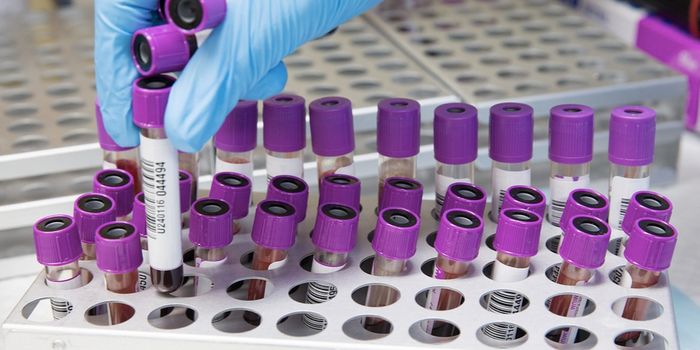Zebrafish Teach Us More About Predictions
We often use predictions about the future to help us make decisions. All organisms have to make choices every day, and the available options may involve a range of potential positive or negative consequences that get evaluated during that decision-making process. To learn more about the biological basis of predictions and decision-making, scientists can use research models like the zebrafish, which enable researchers to get a view of the brain in real time in a live animal while options are being weighed, decisions are made, and the brain reacts to outcomes.
When there are expectations or predictions about the future, but the outcome or reality does not match those predictions, the brain can tell us that our expectations were incorrect. In a new study, researchers monitored the brain activity that occurred as zebrafish learned to avoid dangerous situations in their tank, and when errors in their predictions happened. The work indicated that zebrafish will try to avoid danger as efficiently as possible, and try not to make mistakes in their predictions. The study also revealed neurons that respond when those predictions don't turn out as expected.
The research, which is likely to also apply to human brains because this risk avoidance behavior is conserved throughout vertebrates, has been reported in Nature Communications.
In this study, the zebrafish were put in an aquarium equipped with virtual reality cues, as seen in the video. The fish could choose between a virtual red or blue zone, and learned to associate the red zone with safety and the blue zone with danger. As this learning was happening, their brain activity was also recorded. When the reverse situation was applied in the tank: the red zone became the dangerous one and the blue zone was safe, the previously active neurons were deactivated. The researchers suggested that this could mean the behavior, and not the color, was what was being imprinted in the brain.
Finally, the investigators altered the scenery in the tank so that when the fish swam, the view did not change as expected; the view did not recede when the fish tried to swim forward. Then, neurons that respond to a situation when the expected result is not achieved were activated. This revealed neurons that are crucial to noting errors in predictions.
“We think this population of neurons is encoding a prediction error in the brain, comparing the actual view of their surroundings with the predicted view that they have learned would get them to safety if they behaved in a certain way,” said lead study author Makio Torigoe.
“Every animal has to make predictions for its future based on what it has learned before,” added research team leader Hitoshi Okamoto. “Now we know how these predictions are compared to what animals actually encounter in the world, and which parts of the zebrafish brain drive the subsequent decision-making.”
Sources: RIKEN, Nature Communications









